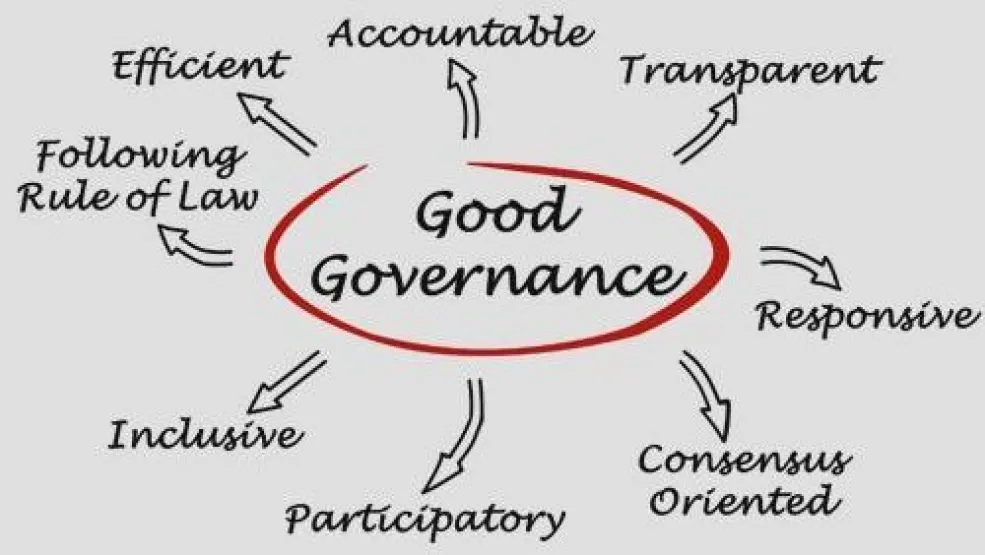Mubashar Nadeem
Pakistan is not merely a geographical entity; it is an idea, a vision, and a collective promise made by millions at the time of its creation. That promise was rooted in justice, equality, and the protection of fundamental rights. Yet, over the decades, the state has drifted away from its founding ideals. The gap between constitutional vision and ground realities remains wide, and it is this distance that defines Pakistan’s structural challenges.
Follow Republic Policy Website
The first major challenge lies in the imbalance of governance. The state apparatus is dominated by hierarchical institutions that often prioritize power preservation over service delivery. This centralization has not only weakened democratic spirit but has also alienated citizens who seek meaningful participation in decision-making. Genuine federalism, devolution of powers, and an empowered local government remain unfinished agendas, despite repeated constitutional commitments.
Follow Republic Policy YouTube
Education is another cornerstone of reform. No society can progress without cultivating intellectual capital. Pakistan’s educational system, divided along class, region, and medium of instruction, has produced inequality rather than opportunity. For a country with one of the youngest populations in the world, failure to invest in human capital translates into failure to unlock national potential. Reform in curriculum, teacher training, and equitable access is therefore not a choice, but a necessity.
Follow Republic Policy Twitter
The judiciary, bureaucracy, and political leadership also demand critical introspection. Institutions thrive on accountability, impartiality, and merit. Unfortunately, Pakistan’s institutional culture has long been marred by patronage, inefficiency, and lack of transparency. Without systemic reforms, the trust deficit between citizens and the state will only deepen further.
Follow Republic Policy Facebook
Equally critical is the role of civil society and media. Both serve as watchdogs and facilitators of democratic accountability. However, when their independence is compromised, the society suffers from manipulation of narratives and erosion of truth. A vibrant, responsible, and free civic space is vital to any democracy that wishes to flourish.
Finally, Pakistan’s most powerful resource is its youth. With over sixty percent of its population under the age of thirty, the nation holds an extraordinary demographic advantage. But this dividend can turn into a disaster if opportunities for education, employment, and innovation are not created. Engaging youth in governance, entrepreneurship, and social reform is essential to ensure progress.
Follow Republic Policy Website
Reform is not an abstract dream; it is a practical requirement for Pakistan’s survival and growth. The path forward must be rooted in justice, institutional strengthening, inclusive governance, and the courage to embrace difficult but necessary reforms. Only then can Pakistan fulfill its promise of being not just a state, but a just and prosperous nation.
















